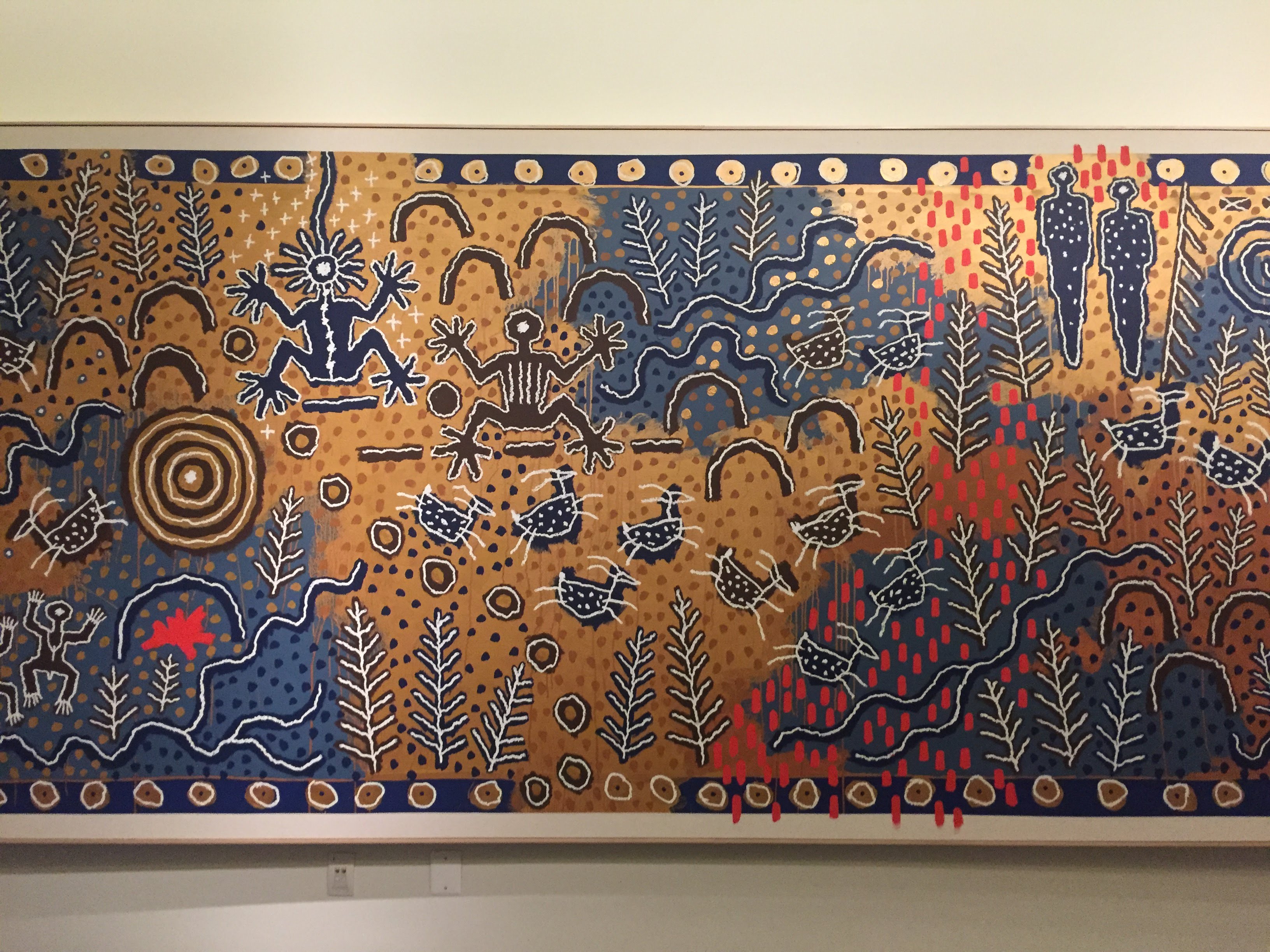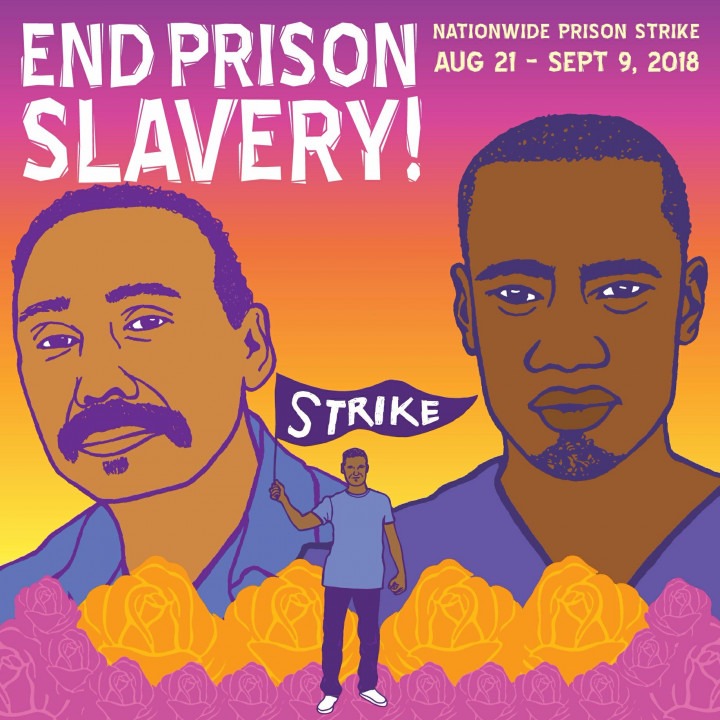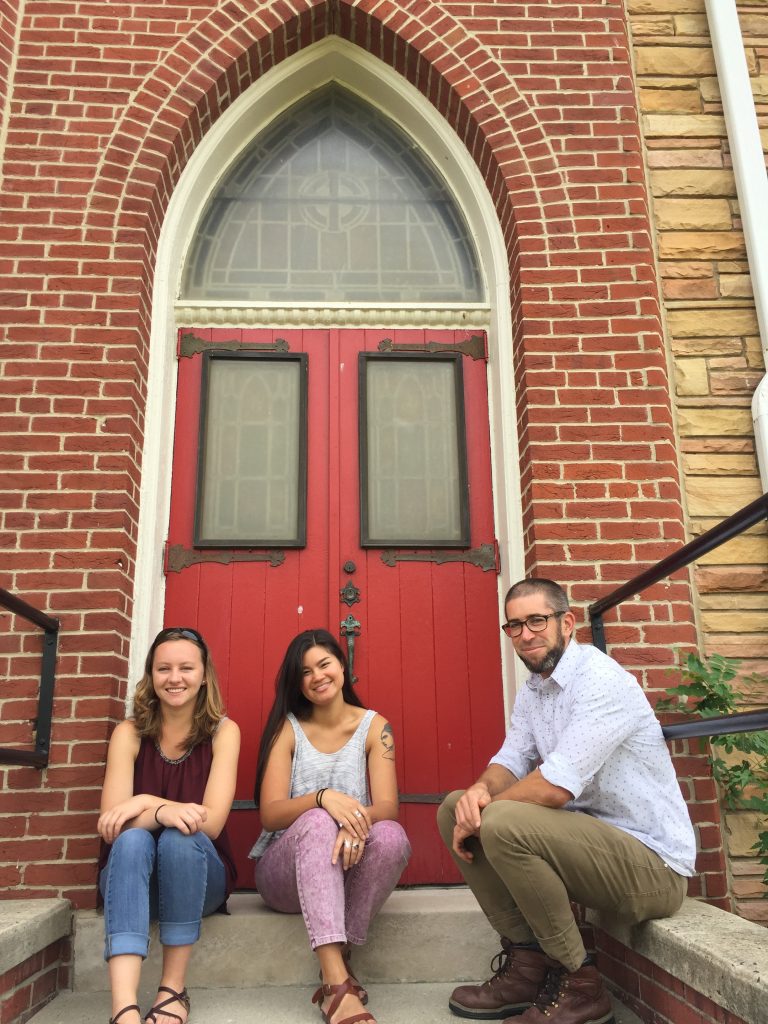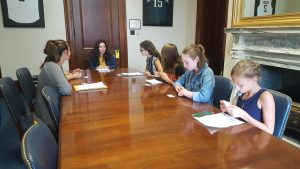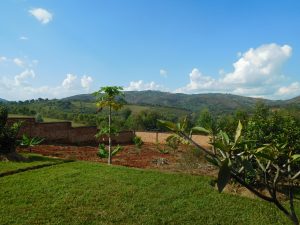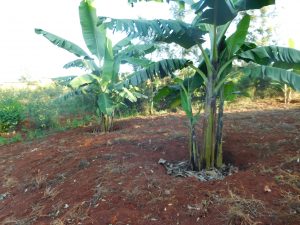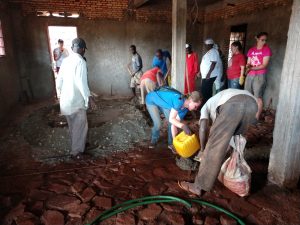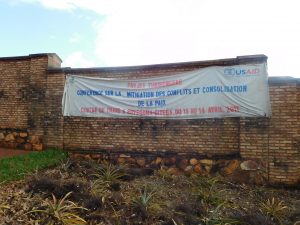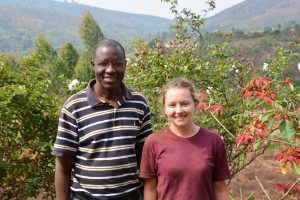By Doris Abdullah, CoB representative to the United Nations. To learn more about human trafficking, stop by the human trafficking booth at Annual Conference.
Human Trafficking Hotline: 1-888-373-7888 Text HELP to: BeFree (233733)
The trafficking hotline is open 24 hours 7 days at week. Over 200 languages are available in addition to English and Spanish. We, in the faith and spiritual community, can also be a hotline as we raise awareness to the trafficked victims around us. Below are several summarized cases of human trafficking which can be found in more details online. I hope we can all become more informed about the subject as information becomes available. We are the eyes and ears of our communities and we should know what is going on all around us.. As a community, let us join together and stop human trafficking.
“As for mortals, their days are like grass; the wind passes over it, and it is gone.”
Psalm 103:15-16
I believe human trafficking is a moral evil driven by material greed for the god of money. The desire for riches, while powerful, can be overcome with the use of the justice systems to punish the illegal buying and selling of human cargo combined with a spiritual commitment to overcome the evils of slavery. All the cases of human trafficking involve material transactions. One rescued young women said she was “an ATM machine”. Of course, she was never a machine. She was the victim of a brutal crime of exploitation for financial gain that is widespread and in our backyards.
“In Our Backyard” is a documentary about sex trafficking in Brooklyn, New York where I live. One of the victims was a young woman from Indonesia who answered an ad for a waitress job in the United States. She arrived at JFK airport and met a man who delivered her to her trafficker. Her traffickers initiation rites included rape among the abuses in the attic where she was held. As a sex slave she was sold every 45 minutes for the price range of $120.00 to $350.00. She was rescued after jumping off the building ledge of the apartment house where she was enslaved. I live in the next neighborhood to where she was held and worked as a slave.
In the USA we do not have a caste system as we find in India and other countries with caste. In those countries women and girls from the Dalit Caste and Bedia and Bachra tribes (in India) accept their fate as ritual sexual slaves (Devadasi, Jogins and Bacchava). These women and girls cannot change their caste, because they are born into it. What we find, in the United States, is forced prostitution hiding under the disguise of entertainment. At large sporting events, such as the Super Bowl, prestigious corporate conventions in major cities and truck stops along major highways and other similar venues, we find runaways teens and unsuspecting women and girls being held by force. They are sold to the highest bidders. The five states where the most trafficked persons have been found in are: California, Texas, Florida, Ohio and New York. But do not think for a moment, that because you do not live in one of those five states, that your state or community does not have human trafficking. Human trafficking can be found in all 50 states. The “entertainment” aspect of trafficking was found in and near the Bakken Shale oil fields in North Dakota. The same coercive and deceptive practices were used for enslavement of Native America women and girls. They left the reservation for the promise of economic advancement not to become prostitutes and certainly not to become slaves.
I became more aware of USA sex trafficking after hearing the harrowing tale of survivor and advocate Withelma “T” Ortiz Walker Pettigrew. T came from California and was trafficked from the age of 10 until she was 17. In her own words on trafficked children:
“Many children, like myself, come from various traumas previously to entering into foster care, and many times, are further exposed to trauma throughout their experience in the foster care system. Although there are many people who uplift the system for its successes, there are many elements within the experience of foster care that make youth more susceptible to being victimized. Youth within the system are more vulnerable to becoming sexually exploited because youth accept and normalize the experience of being used as an object of financial gain by people who are suppose to care for us, we experience various people who control our lives, and we lack the opportunity to gain meaningful relationships and attachments.”
Again we hear about financial gains in trafficking from T. Monetary gain is the only incentive for human trafficking.
The April 24, 2018 PBS Frontline documentary titled “Inside the Hidden Reality of Labor Trafficking in America” gave an up-close look into enslavement of children on an Ohio egg farm in 2014. The teen boys families gave up the deeds to their properties, in Guatemala, in return for a promise that their children would be given a “better life in America”. The total sum owed for their children’s trip and care in America was $15,000.00. HHS released the boys to their trafficker believing that they were relatives and or legal sponsors. The boys had to work 16 hour days for the total sum of $600.00 per week of which $550.00 had to be returned to their traffickers. The original debt sum of $15,000.00 was held over the boys head with threats of killing their parents and other relatives if they ran away. These boys were held in horrible conditions and while Frontline did not focus on harm to the boys, we are aware from similar cases of child labor trafficking that children are often subject to harsh physical abuse. Rape, beatings and malnutrition are often found among abuses and enslaved children.
“The Boys in the Bunkerhouse” by Dan Barry 2014 6 exposes the enslavement of persons with intellectual disabilities. The men worked for 30 years at a turkey farm in Atalissa, Iowa. They worked from sun up to sun down for $65.00 per month. Note deductions in salaries were made for social security, room, board and outside trips such as an outing to amusement parks. Their mental and physical health was not cared for nor were they given an education. They were adult men, but were referred to as boys, even when they reached their 60s and 70s. One man attempted to run away and was later found frozen to death a half mile from where they lived. Their life was one of harsh economic conditions and punishment when they did not work to “full” capacity. 21 men were rescued from the turkey farmhouse. They lived with no windows under lock and keys, in filth with an open toilet and blood embedded in their mangled hands. These men were victims of human trafficking. We must question disabled beggars on our city streets and hidden coop like housing in rural areas. It is better to be wrong than to just ignore unseemly and or unusual signs of trafficking in our backyards. For it is not just egg and turkey farms, but major construction and capital improvement projects, hospitality service centers, mining and agriculture laborers, where we find traffickers taking advantage of labor and moral laws in order to turn a profit.
A very disturbing human trafficking case involved a young women who escaped from a moving car. Her husband was taking her to a hospital where she was due to have her kidney involuntarily removed. Human trafficking is all the more awful when we grasp how often the source of the fraud, force and coercion are family members and other persons known to the victims. We can stop human trafficking only if we are aware that it is a crime and morally wrong regardless to the source. The family members that sell or hold in domestic servitude another family members are just as reprehensible as the business man who buys a child or mentally handicapped persons for labor on their farm or for sex.
We are all aware that slavery has been a part of human history and widely accepted throughout human history. Some even suggest that since Jesus never directly addressed slavery it’s acceptable . Still others extract passages from the written words of the Apostles Paul and Peter to perpetuate slavery and call for obedience to master from the enslaved. I prefer not to ignore Exodus (an entire book dedicated to the topic of slavery), the laws given in Leviticus and Deuteronomy and Jesus’ covenant obligation on us humans: “to love God , love our Neighbor and love Ourselves.” I can not find any space in all that love for human trafficking also known as modern day slavery. Let us all become more aware and human trafficking and work to put an end to it.
